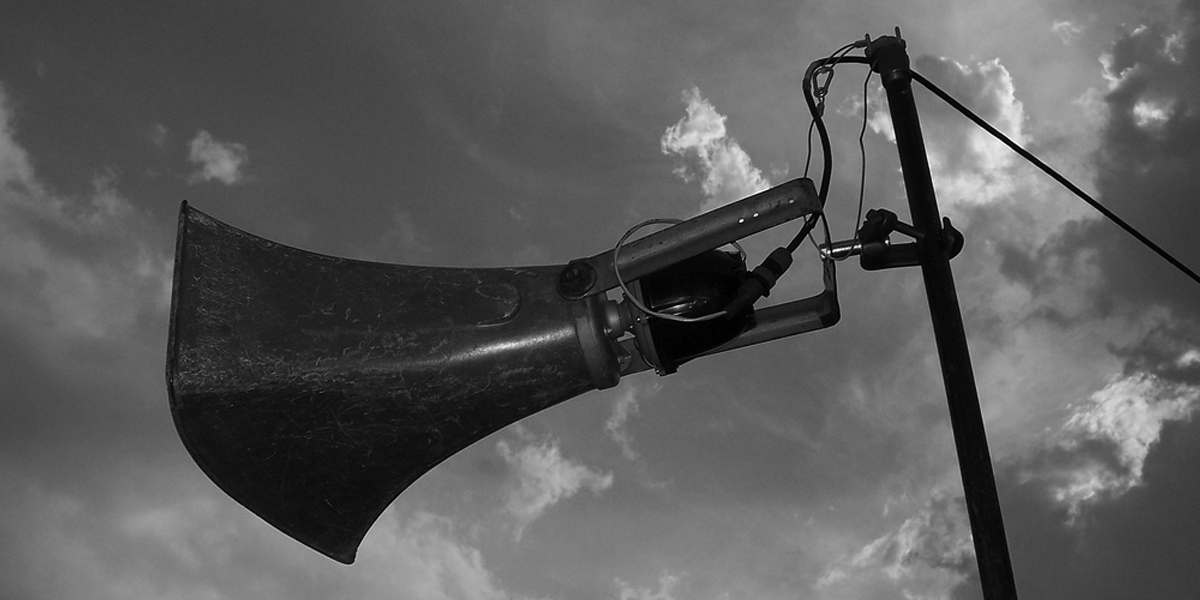Democracy needs defending. Are we up to the task?
What on earth could be going through their minds? What could possibly enable grown men (it is almost always men) to murder and maim defenseless people who pose no immediate physical threat to anyone? Even worse, to commit these heinous...
What on earth could be going through their minds? What could possibly enable grown men (it is almost always men) to murder and maim defenseless people who pose no immediate physical threat to anyone? Even worse, to commit these heinous acts under the banner of piousness and religion.
Psychological disturbance would be an easy answer. Surely you would need to be unhinged to attempt to behead somebody in the middle of the street, for example, as the murderers of Fusilier Lee Rigby did. Or to gun down cartoonists in their offices and shoppers in a supermarket, as in the recent terrorist attacks in Paris. Even if you had convinced yourself that the living, breathing human being in front of you no longer mattered – that he had forfeited his right to life through his actions and allegiances – why would you want to put yourself through the trauma that this kind of brutality obviously involves?
But it is more than madness that motivates these men, of course. It is also belief. An unwavering belief that the ideas they endorse are infallible. This idea is coupled with one that is even more dangerous: the belief that to challenge the fundamentalist’s certainty is itself punishable by death.
I find both of the positions difficult to comprehend. This is most obvious in the latter, as it is the equivalent of a license to murder those who disagree with you. But I find the idea of absolute and unwavering belief strange and mysterious too. There is almost nothing that I am certain about.
This radical uncertainly is likely to be a consequence of the increased diversity within society and the decrease in the authority of religions which claim a monopoly on the truth. Seeing people solve the perennial problems of life in many different ways challenges the idea that the solutions you were taught to practise are in any sense the ‘right’ ones. And with no morally authoritative institution to call on to adjudicate between these choices we are simply left on our own to decide. This can be a bewildering and debilitating situation. But it is the situation that we are in.
Fundamentalists cannot abide this situation. So they retreat to the comforting illusion of certainty. They also cannot accept that everyone else will not join them in their delusions, so that attempt to coerce them through violence and terror.
But there is a different response to the situation of uncertainty and disagreement. It’s called democracy. Democracy is the enlightened response to conditions within which we disagree but we need to come together to decide. We may be many, but sometimes we need to speak as one. This is not just about periodic elections; it is about all citizens being empowered through participation. It is about all citizens being and feeling able to contribute to the collective task of addressing the challenges that we share.
We have forgotten how to defend democracy. We have forgotten what it is and what it is for. We have forgotten how to make the idea of democracy vivid and compelling. It is in the context of this collective memory loss that the fundamentalists’ poisonous narrative has grown.
It is not only fundamentalists who refuse to accept our present situation. The rise of Ukip is also in a sense a response to the increased diversity of modern society. They want to take us back to the homogeneity and supposed certainty of a bygone time. A time when apparently there was less disagreement and life was less confusing. It is unlikely that this mythical place ever existed; it certainly does not exist now.
We must resist these tendencies towards religious fundamentalism on the one hand, and bigoted nostalgia on the other. Part of this will involve addressing the socioeconomic disadvantage the many of those drawn to either of these doctrines experience. But part of it will also involve building a narrative to counter these dangerously simple and certain alternatives. We need a story to renew faith in our liberal, open, diverse, democratic way of life.
This story is told through our history – how we have got to where we are. It is also told through our institutions – how well do they honour the values of fairness, equality and liberty which we claim to hold dear. Sometimes the operation of our institutions might suggest that we still have some way to go.
But this story is also built through the actions and ideals of ordinary citizens. How much they demonstrate and cherish the idea of democracy – and whether they recognize themselves as doing so.
Liberal, multicultural democracy is the only reasonable response to that fact that we disagree. But because we disagree it must be continuously justified. In this sense, democracy is always on trial. It just seems that we have lost the ability to defend it.
